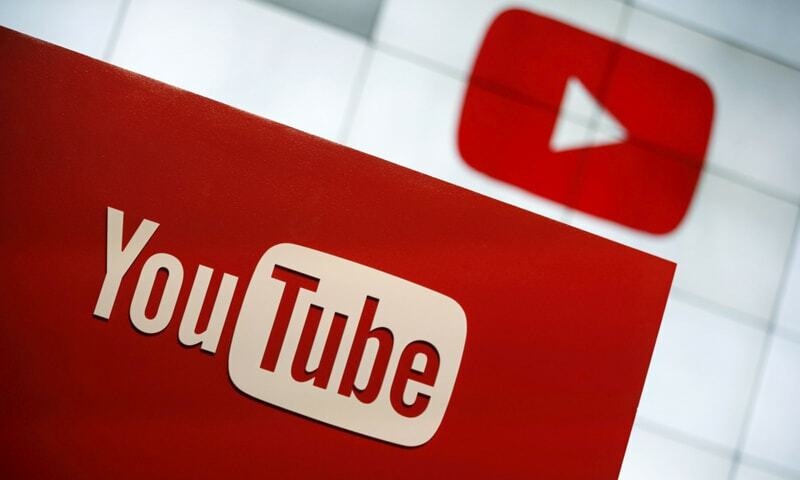In a decisive move following the brutal April 22 terror attack in Kashmir’s Pahalgam area that killed 26 people, the Indian government has blocked access to 16 YouTube channels originating from Pakistan, citing the spread of provocative misinformation and content threatening national unity. The blocked platforms, which collectively had over 63 million subscribers, have been accused of pushing false narratives and attempting to incite communal unrest in the aftermath of the massacre.
Among the banned digital platforms are some of Pakistan’s most influential news outlets such as Geo News, Dawn News, Samaa TV, Bol News, and ARY News, alongside less mainstream but still widely viewed channels like Raftar, Suno News, GNN, and Samaa Sports. Individual content creators and journalists such as Irshad Bhatti, Muneeb Farooq, Umar Cheema, and Asma Shirazi also had their channels blocked in India.
When Indian users attempt to view these channels, they now encounter a standard message from YouTube: “This content is currently unavailable in this country because of an order from the government related to national security or public order.” The notice also directs users to Google’s Transparency Report for further details.
Action Taken After Pahalgam Attack
This action is part of a broader response by the Indian government following the Pahalgam attack, where terrorists opened fire on a group of tourists in the Baisaran Valley. The Centre attributes the attack to actors based in Pakistan, and officials claim there has been a concerted online effort to manipulate public perception and exploit the tragedy to inflame tensions.
The Ministry of Home Affairs, after thorough assessment, recommended the takedowns which were then executed in coordination with the Ministry of Information and Broadcasting. Officials confirmed that channels like The Pakistan Reference, Uzair Cricket, and Razi Naama were also removed for violating Indian laws related to national security.
Alongside the online crackdown, India has taken several diplomatic steps. It has suspended visa services for Pakistani nationals and instructed state authorities to identify and facilitate the return of individuals under various visa categories, including business, media, pilgrimage, and cultural exchange. The Indus Water Treaty has also been suspended, reflecting the rising strain in bilateral relations.
Centre Issue Formal Objection to BBC
The government has also addressed concerns regarding foreign media coverage of the terror attack. The BBC came under sharp criticism for referring to the attackers as “militants” rather than “terrorists” in a headline. This led the Indian government to issue a formal objection to BBC India head Jackie Martin, through the External Affairs Ministry’s Publicity Division. Authorities stated that such language downplays the seriousness of the attack and misleads international audiences.
Furthermore, Associated Press (AP) and Reuters have also been cautioned over their terminology and framing of the incident. Reports said the government will actively monitor coverage of the Pahalgam attack by global media outlets and take necessary steps if reporting is found to be biased or factually incorrect.
The April 22 attack, which turned a serene valley into a scene of horror, has not only shaken the country but also triggered an intense wave of digital, diplomatic, and security measures. The government has signaled that it will not tolerate misinformation or sympathetic portrayals of terrorism whether from local sources or foreign media giants.


